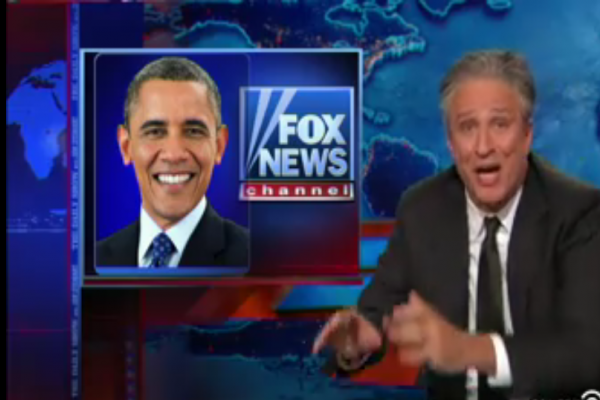During a broad conversation on how to overcome poverty at Georgetown University last week, President Barack Obama made a few comments about how Fox News talks about poor people. Here’s what he said:
“ … over the last 40 years, sadly, I think there’s been an effort to either make folks mad at folks at the top, or to be mad at folks at the bottom. And I think the effort to suggest that the poor are sponges, leeches, don’t want to work, are lazy, are undeserving, got traction. … I have to say that if you watch Fox News on a regular basis, it is a constant menu — they will find folks who make me mad … They’re like, I don’t want to work, I just want a free Obama phone — or whatever. And that becomes an entire narrative … very rarely do you hear an interview of a waitress — which is much more typical — who’s raising a couple of kids and is doing everything right but still can’t pay the bills.
Read the Full Article

